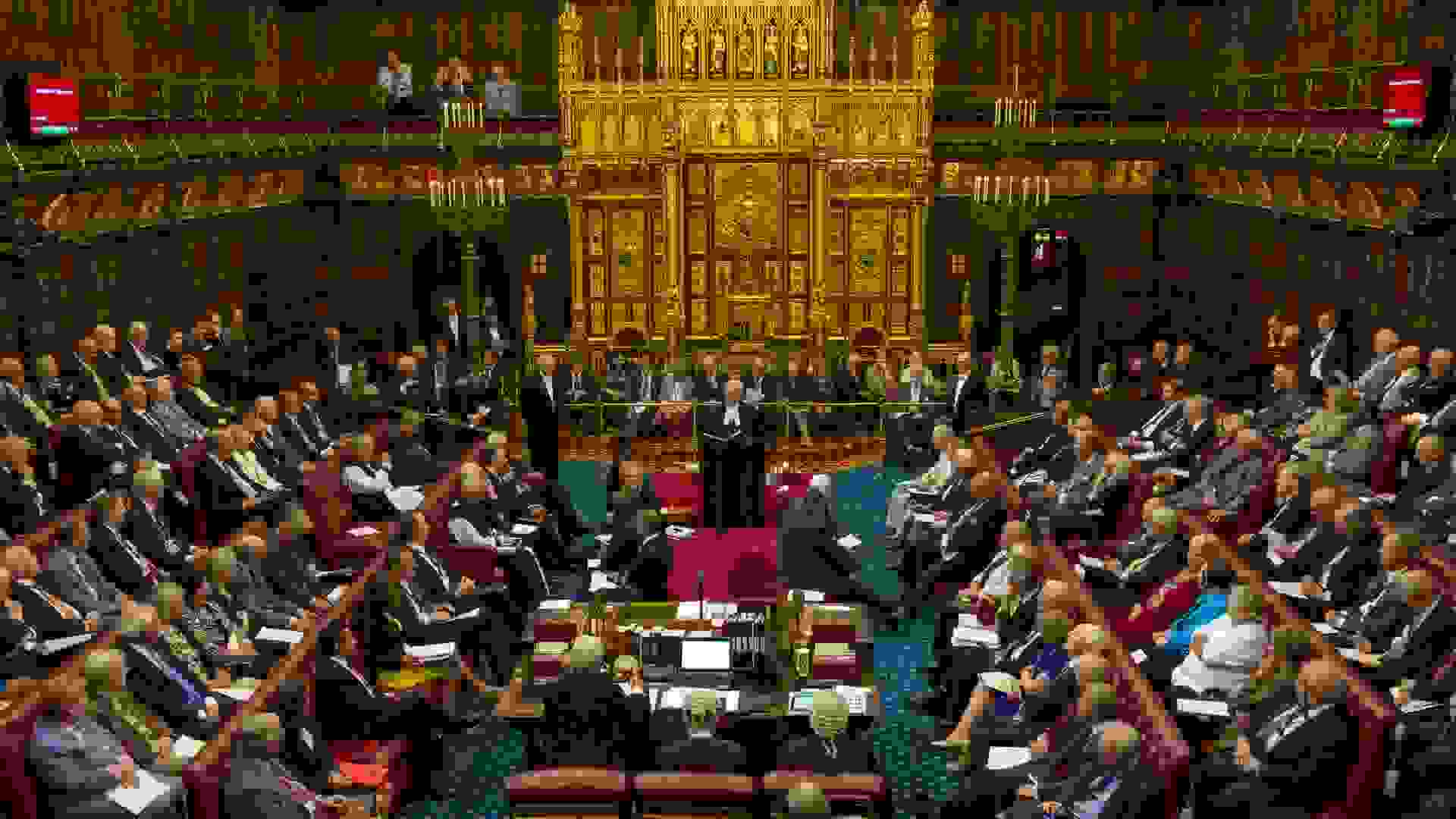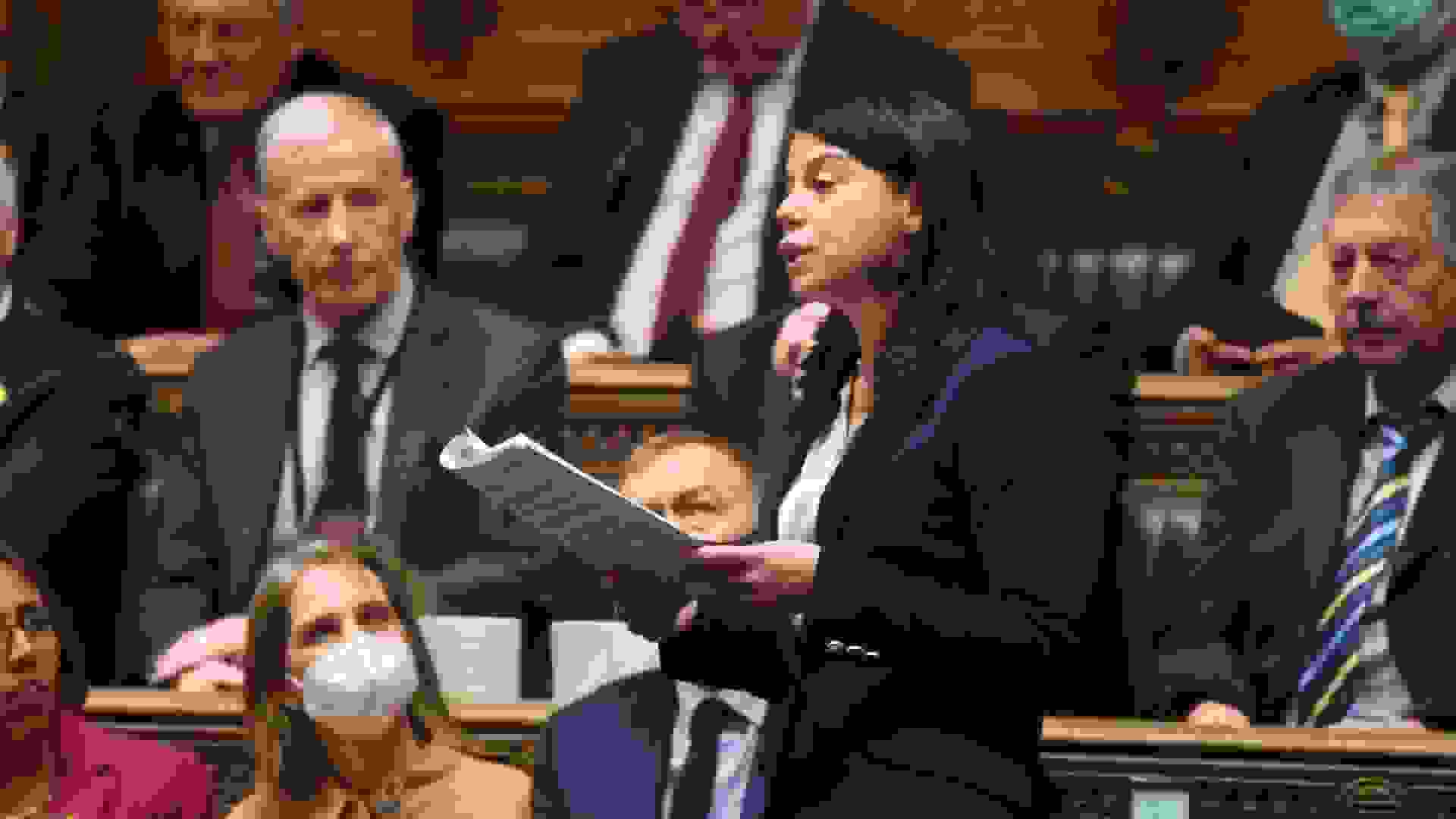Guides / Private Members' Bills: What are the legislative stages in the House of Lords?
At the start of each new parliamentary Session, a PMB ballot is held in the House of Lords. This ballot determines the order in which PMBs will receive their First Reading and on what days. Once all the Ballot Bills have been introduced, a Peer can introduce a PMB on any sitting day. There is no fixed time for consideration of PMBs although generally they are considered on sitting Fridays.







